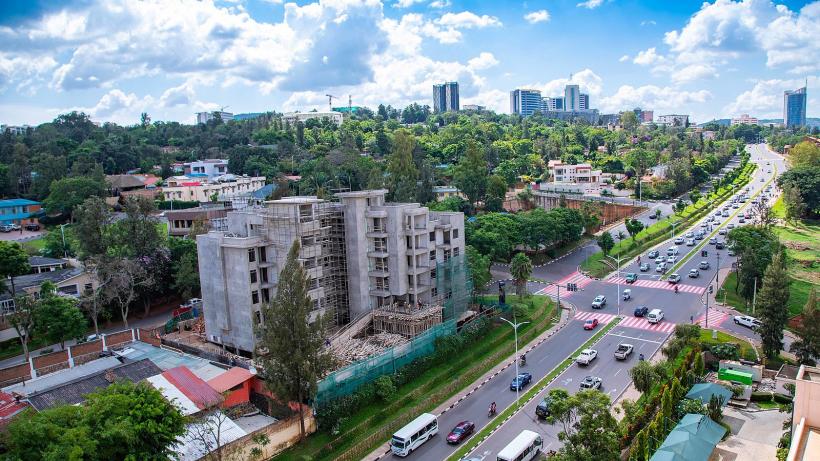
The case for clean air in Kigali: An assessment of sources and solutions, economic impacts, and implications for policy
Countries: Rwanda
Research themes: Sustainable Growth
-
Kalisa-et-al-Policy-brief-August-2022.pdf
PDF document • 472.5 KB
- Only 1% of the population living in urban areas in the low and middle-income countries breathe air that meets WHO air quality guidelines.Rising demand for mobility is a central cause of declining air quality, but encouraging mobility is fundamental for driving social and economic development.
- Using state-of-the-art air quality monitoring equipment, this policy brief investigates the air quality faced by commuters using different modes of transport.
- Results show that the highest air pollution exposure are experienced by those travelling by foot and by bicycle, suggesting that the disadvantaged population of Kigali may be facing a higher burden of air pollution.
- The lowest total air pollution exposure was found for those travelling by bus, emphasising that a well-functioning public transport system can not only reduce congestion, expenditure on energy, GHG emissions and air pollution but can also reduce the exposure of travellers to air pollution.
- Scenario analysis suggests that modest annual reductions in air pollution in Kigali could yield hundreds of millions of dollars of economic benefits from lives saved, workdays not lost to illness, and hospital visits avoided.





